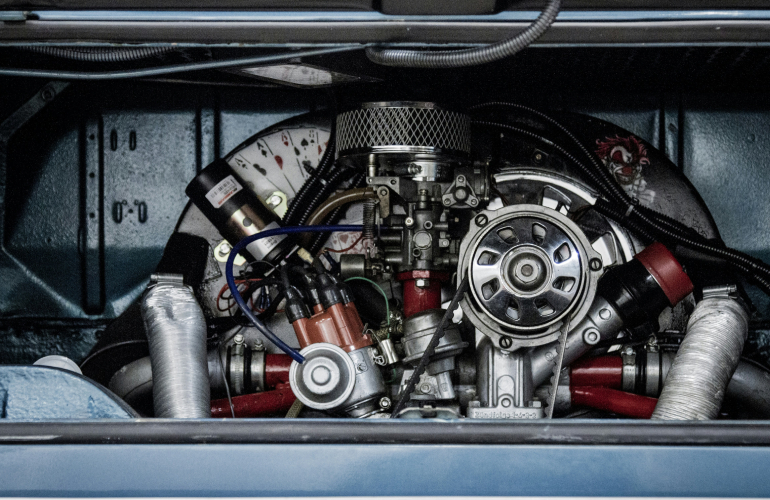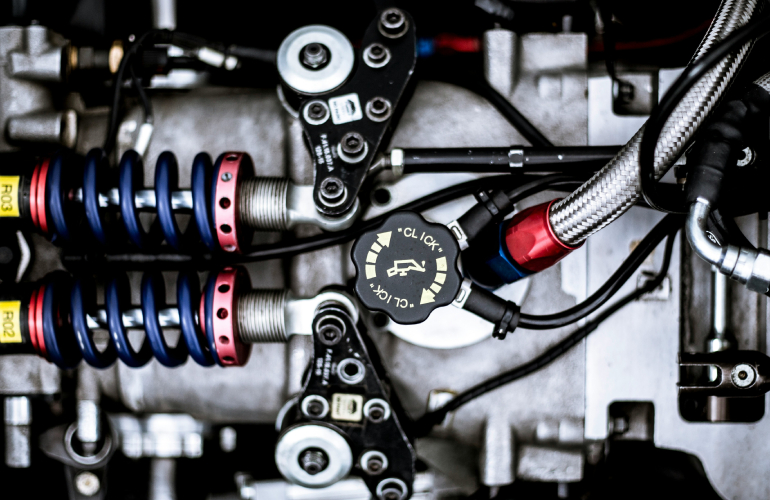In today’s rapidly advancing world, technology plays a crucial role in shaping our day-to-day lives. Among all the technological advancements, one innovation that stands out is the electric motor. Electric motors have revolutionized various sectors, from transportation to manufacturing, and have emerged as the driving force of the future.
An electric motor is a device that converts electrical energy into mechanical energy. Unlike traditional combustion engines, electric motors are clean, efficient, and environmentally friendly. They require fewer parts, have lower maintenance costs, and produce zero tailpipe emissions. As the world grapples with the challenges of climate change and air pollution, electric motors offer a sustainable and viable alternative to their fossil fuel counterparts.
One of the most significant applications of electric motors is in the automotive industry. Electric vehicles (EVs) powered by electric motors have gained popularity due to their eco-friendly nature and unmatched efficiency. Charging an electric vehicle using clean energy sources such as solar or wind power further reduces carbon emissions and dependency on non-renewable fossil fuels. With advancements in battery technology, electric motors have enabled EVs to travel longer distances and become more accessible to the general public.
Moreover, electric motors have also transformed the manufacturing industry. They are extensively used in robotics, automation, and machinery, enhancing productivity and precision. Electric motor-driven machines are quieter, more precise, and require less space compared to their traditional counterparts. This has led to increased efficiency, reduced costs, and improved overall quality in manufacturing processes.
In addition to transportation and manufacturing, electric motors have found applications in various sectors such as renewable energy generation, healthcare, and even household appliances. Wind turbines and solar panels utilize electric motors to convert renewable energy into electricity. In healthcare, electric motors power medical devices such as MRI machines, dental drills, and surgical robots, facilitating enhanced diagnostics and patient care. In households, electric motors drive appliances like washing machines, refrigerators, and air conditioners, providing convenience and energy efficiency.
The future of electric motors holds even more promise. Ongoing research and development aim to enhance their efficiency, reduce their size, and make them even more sustainable. With the increasing demand for clean energy and sustainable technologies, electric motors will play a crucial role in shaping a greener future.
In conclusion, electric motors have emerged as the driving force of the future. Their application in various sectors, including transportation, manufacturing, renewable energy, healthcare, and household appliances, highlights their versatility and impact on our daily lives. As we strive for a greener and more sustainable world, electric motors are instrumental in reducing carbon emissions, improving efficiency, and transforming industries. With further advancements, electric motors are poised to revolutionize the way we live and drive us towards a brighter and cleaner future.



